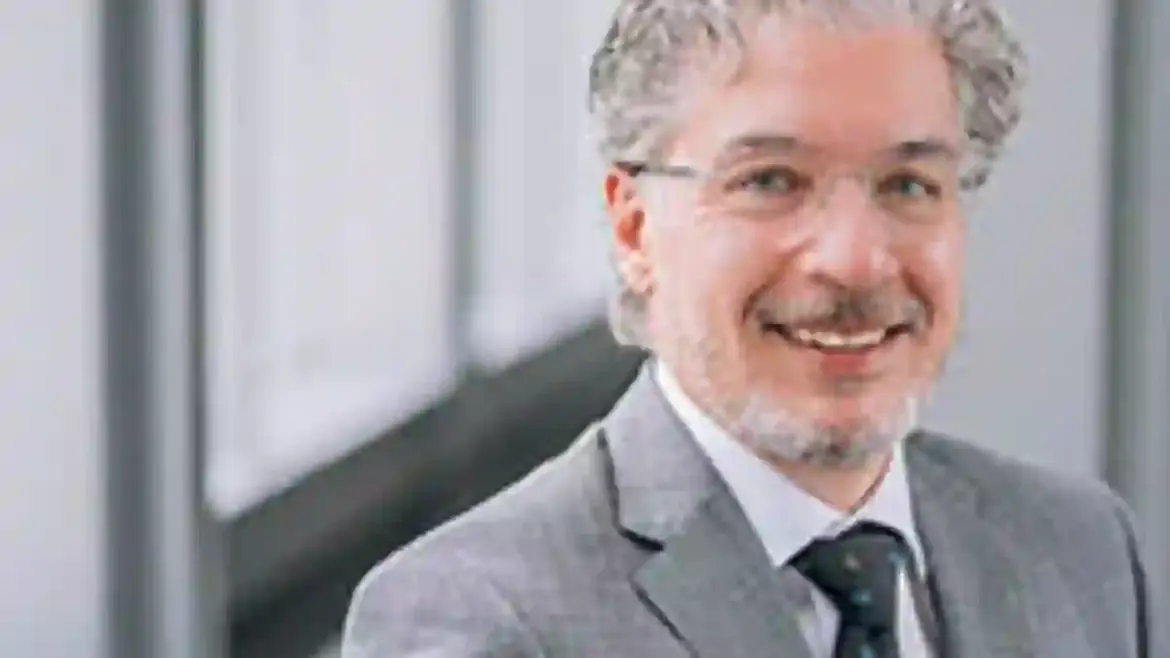Canada’s approach to assisted dying has been evolving at a rapid pace, sparking heated discussions among doctors, ethicists, and the public.
What started as a legal option for terminally ill adults has expanded into a major part of the country’s healthcare system—and some medical professionals are now pushing boundaries that have many raising ethical and moral questions.
Doctors Propose Euthanasia for Severely Ill Infants
A recent report by The Atlantic reveals that some Canadian doctors are advocating for euthanasia to be extended to disabled newborns.
The idea, proposed by the Quebec College of Physicians, targets infants born with severe deformities or life-limiting conditions, whose suffering is deemed extreme.
While parents can currently choose to stop medical treatment for sick babies, this proposal would accelerate death, raising concerns about consent and ethical boundaries.
Assisted Deaths Are Increasing Nationwide
Assisted dying, legalized in 2016, now accounts for roughly one in every 20 deaths in Canada—far higher than in countries where euthanasia has been legal for decades.
Unlike many jurisdictions, patients in Canada do not need to be terminally ill to access Medical Assistance in Dying (MAID).
Parliament has even recommended expanding access to minors and individuals with mental illnesses in the near future.
Doctors Describe the Emotional Weight of MAID
Some doctors providing MAID describe it with deeply personal terms.
Vancouver’s Dr. Stefanie Green, a former maternity doctor, refers to her MAID procedures as “deliveries,” reflecting a shift from welcoming life to overseeing death.
Another doctor, Ellen Wiebe, has assisted in the deaths of over 430 patients over nine years.
While some providers feel uneasy about administering MAID to non-terminal patients, Canadian law prioritizes patient autonomy, leaving doctors little choice but to comply.
Cases Highlight Ethical Challenges
Several recent cases have raised red flags about the social and ethical context of euthanasia in Canada.
Toronto psychiatrist Madeline Li recounted a man in his 30s who refused treatment for cancer with a 65% chance of cure, demanding MAID instead.
In another instance, a patient named Mr. A, socially isolated with chronic illness and mental health issues, was euthanized in circumstances that some officials say crossed professional boundaries.
Similarly, Ms. B, suffering from multiple chemical sensitivities and PTSD, requested euthanasia largely due to lack of proper housing.
Reports have shown that some patients are opting for assisted death not solely because of medical reasons, but due to unmet social needs like loneliness, housing insecurity, or financial hardship.
These situations have left some healthcare professionals struggling with the moral implications of ending lives that might otherwise be supported with care or social intervention.
A Legal Shift Expanding MAID
Canada’s journey toward widespread euthanasia began in 2015 when the Supreme Court ruled that banning assisted suicide violated dignity and autonomy.
The 2016 legislation legalized euthanasia and assisted suicide for adults with serious and advanced medical conditions, initially requiring a terminal prognosis.
Amendments since then have broadened eligibility to include non-terminal patients, dramatically expanding access and sparking concerns about the removal of key safeguards.
The Global Context
Euthanasia is now legal in seven countries—Belgium, Canada, Colombia, Luxembourg, Netherlands, New Zealand, and Spain—as well as several Australian states.
Other regions, including some U.S. states, permit doctor-assisted suicide, where patients self-administer prescribed lethal drugs.
Questions Remain
As Canada continues to expand assisted dying, ethical and legal debates are intensifying.
Advocates stress patient autonomy and relief from suffering, while critics warn about the erosion of safeguards and the potential vulnerability of those facing social or psychological hardships.
The conversation about life, death, and medical authority is far from over.



